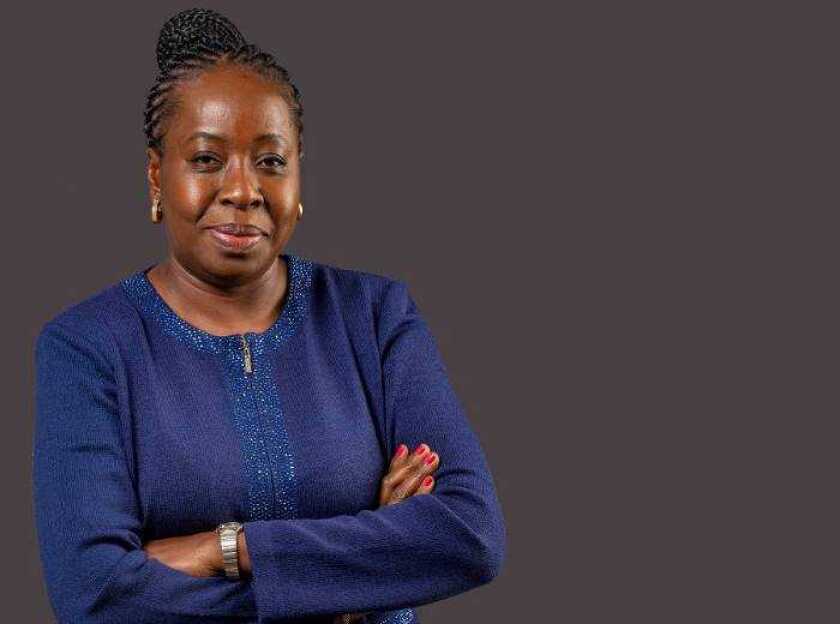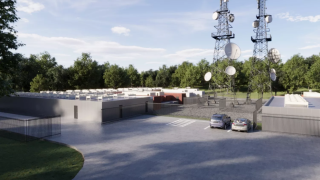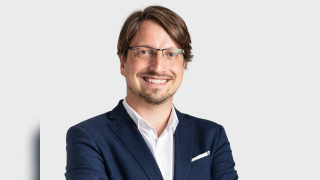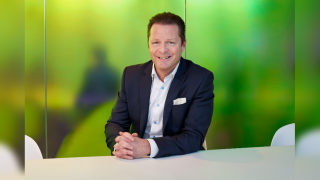News of Equinix’s US$320 million acquisition of MainOne caused ripples across the telecoms industry. Not only was it a major financial deal, but it also marked Equinix’s entry into the African data centre market.
Founded by chief executive Funke Opeke in 2010, and boasting presences in Nigeria, Ghana and Côte d’Ivoire, MainOne’s assets include three data centres, with another facility under construction and expected during 2022.
The company’s portfolio also includes a 7,000km subsea network from Nigeria to Portugal, 1,200km of reliable terrestrial fibre networks in Lagos, Edo and Ogun State, and connections to terrestrial sites that extend across 65 points of presence in cities across Portugal, Nigeria, Ghana and Cote d’Ivoire (Ivory Coast).
At the time of MainOne’s acquisition, Charles Meyers, president and CEO of Equinix, described the deal as “a critical point of entry for Platform Equinix into the expansive and rapidly growing African market” and described the MainOne’s “interconnection position and experienced management team” as “critical assets”.
Chief among these strengths was Funke Opeke who, along with her team, Meyers praised for building “a powerful and dynamic infrastructure that will enable international customers to access the continent, and African organisations access to the global Equinix platform”.
Speaking to Capacity, Opeke shares a little about how Equinix’s acquisition of MainOne came about.
Acknowledging that Equinix had always intended to enter Africa, Opeke says the deal came down to a combination of key factors, shared values and timing.
“MainOne was funded by financial investors over a decade ago and they have continued to mature and provide governance for the company. We have witnessed tremendous growth and even post-Covid we’ve experienced accelerating growth with a lot of global players trying to come into the continent, so I think it was a convergence of those drivers.”
This perfect storm created “a good jumping-off point for the current shareholders of MainOne to exit the company”, adds Opeke.
These founding shareholders include private investor Fola Adeola, Mainstreet Technologies, Africa Finance Corporation, Pan African Infrastructure Development Fun, First Bank of Nigeria, Polaris, and the African Development Bank.
MainOne has long been praised for its local expertise as well as excellent services, so Equinix was not its first suitor. But it was the companies’ similar work cultures and Equinix’s business focus, investments and history of building out assets, as well as it being a leader in its field, that earned its place at the top of the list of potential buyers for the company.
“A lot of these things align,” says Opeke. “Culturally, we find them to be a great team to work with. We think they bring value to our business and they recognise that we bring value to them as well. I truly think it was just natural chemistry that made it possible.”
Although it was not directly responsible, the Covid-19 pandemic has played a part in the acquisition with Africa, over the last 18 months, having seen an “acceleration in the deployment of infrastructure, because digital transformation keeps accelerating across the continent”.
As well as Equinix being a leading data centre provider, Opeke says that as it is a key interconnection provider – an on-ramp to cloud services – MainOne’s assets, such as its subsea and terrestrial footprints, are in safe hands.
“MainOne has always been an open access provider, so we don’t see this as a conflict with Equinix’s strategy but as a key part of enabling the interconnection that is required for the growth of the ecosystem,” says Opeke.
Ask anyone about MainOne and they will confirm that one of the company’s biggest USPs is its local team and expertise. And Opeke is confident that Equinix will retain those advantages.
“Well for one thing, Equinix has said that I get to keep my job,” jokes Opeke. But she confesses that a key part of the acquisition was “the skill set myself and the team we have built in West Africa”.
“Equinix recognises that there is value in that local market knowledge and our track record of excellent service delivery for our customers,” says Opeke. “They’re not looking to displace or disrupt that, but compliment it with capabilities that they have on a global basis.
“We will continue to run as MainOne under the Equinix umbrella. And we will continue to grow and try to accelerate that business in West Africa with the same management team we have today.”
Opeke says that Equinix’s plans to integrate MainOne do not involve the wholesale, functional assimilation of her firm’s different departments “thereby disrupting how we service our customers”. Instead, Equinix will scale up MainOne’s existing capabilities, “ensuring we are properly integrated into platform Equinix and all its capabilities”.
Asked whether she has any big plans for MainOne after the acquisition, Opeke’s answer is simple: “No. Just bigger, faster, better.”






